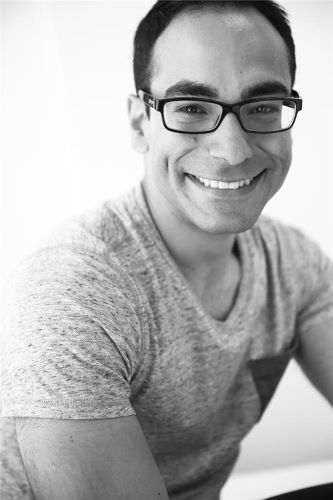AI & Fundamentals
Exploring the Generative Utilities of Quantum Differential Equation Solvers - Pooya Ronagh, Research Assistant Professor, University of Waterloo, Chief Technology Officer at 1QBit

DATE: Tue, June 24, 2025 - 2:00 pm
LOCATION: UBC Vancouver Campus, AMPEL 311
DETAILS
Abstract:
Quantum computing may offer powerful new methods for solving differential equations. However, the bottleneck of converting the resulting quantum states encoding the solutions of these equations to classical data casts doubts on the practical utility of such quantum algorithms. In this talk, I propose generative modelling by solving probably flow differential equations as a setting that is unobstructed by this data conversion bottleneck. I then present our promising quantum advantage results in solving partial differential equations subject to periodic boundary conditions, and discuss their significance in generative computational tasks. To this end, we introduce novel pseudo-spectral Fourier methods for manipulating real-analytic periodic functions using quantum computers. I conclude by envisioning the practical utility of our techniques in simulating molecular and material science systems.
Bio:
Pooya Ronagh is Research Assistant Professor in the Department of Physics and Astronomy, and the Institute for Quantum Computing, University of Waterloo. He is also the Chief Technology Officer at 1QBit, a Co-founder and the Founding Scientist of Irreversible Inc., and a Research Scientist at the Perimeter Institute for Theoretical Physics. Dr. Ronagh’s research interests involve the various layers of the software stack of quantum computers. He explores novel applications of quantum computation by designing and analysing quantum algorithms for solving computational challenges wherein the classical state of the art is costly machine learning and high-performance computing. The symbiotic relationship between classical and quantum computing is not only important in unlocking applications of quantum computers but also crucial in building them at the utility scale. Dr. Ronagh is therefore also engaged in using optimization theory and optimal control techniques to design and operate tightly integrated quantum-classical systems for quantum control, quantum error correction, and fault-tolerant quantum computation. He is the recipient of National Research Council’s (NRC) Applied Quantum Computing Challenge, and of NSERC's Discovery grants on applications of quantum computations in generative modelling. He has also served as the co-principal investigator of multi-party national and international collaborations under the NRC's IRAP (Industrial Research Assistance) Program, Eureka Eurostars, Mitacs Accelerate Program, the United State's Department of Homeland Security's Research Award, and DARPA's Quantum Benchmarking Initiative at the US Department of Defense.
This event is co-hosted with the UBC Quantum Matter Institute.